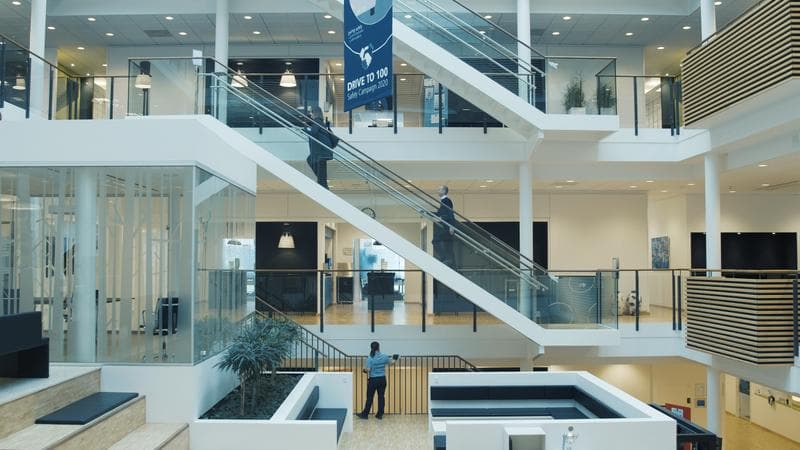Today, Juan Martinez is an experienced window cleaner at ISS Spain, where he’s part of an efficient team responsible for cleaning at a Madrid bank. But a few years ago, Juan was unemployed and despaired of finding work. The problem was that Juan suffers from an inability to form short-term memories. He’s perfectly capable of learning to do a job; he’s just not able to remember if he’s done it today.
When Juan was hired by ISS Spain, his manager Brigida Maldonado came up with a simple solution, a system that uses rubber bands on door handles to record that Juan has cleaned a room. For Juan, the opportunity given to him by ISS and Brigida has positively impacted his life.
“When you have a job, you feel much better. You feel useful. Getting a job had a very positive impact on my life. I’m glad to work in a company where I feel comfortable. I’m happier and more relaxed than before,” he says.
A part of the culture
Juan is one of nearly 2,000 people with a disability working at ISS Spain, approximately 5.5 percent of the workforce. This is well above the level of 2 percent required by law, but still below the company’s goal of 6.1 percent – the same percentage of people with a disability in the working-age population.
According to Eulalia Devesa, Social Corporate Responsibility Director, diversity at ISS Spain is not about hitting goals or targets. It’s the result of consistently boosting and supporting a culture that includes people with different backgrounds and abilities.
“Our first aim is to include everyone, as a person. Building an inclusive workplace, where people can connect, feel valued and contribute is just part of our culture, and something everyone here feels proud of. Yes, we have targets, policies and processes in place, but a commitment to diversity and inclusivity throughout the workplace is what drives them,” Eulalia says.



